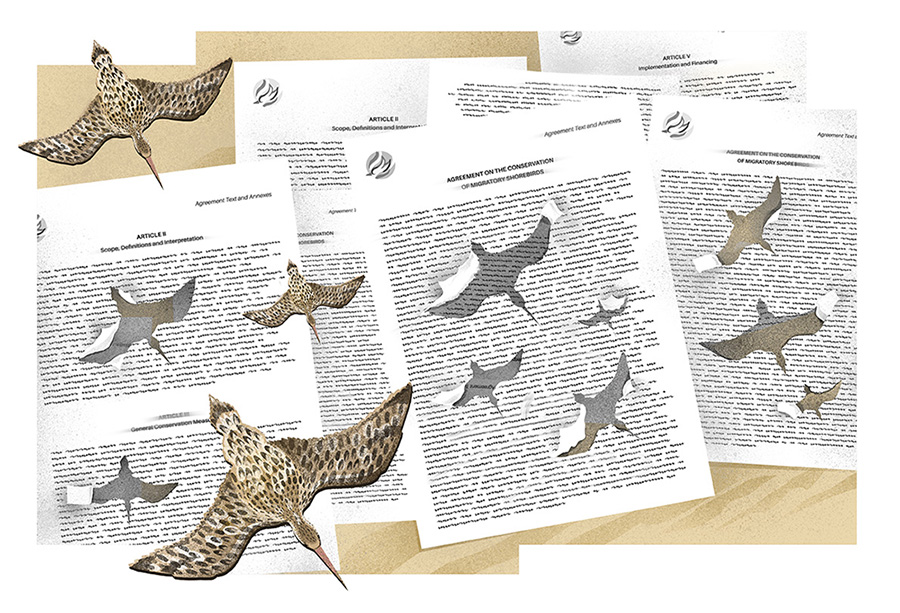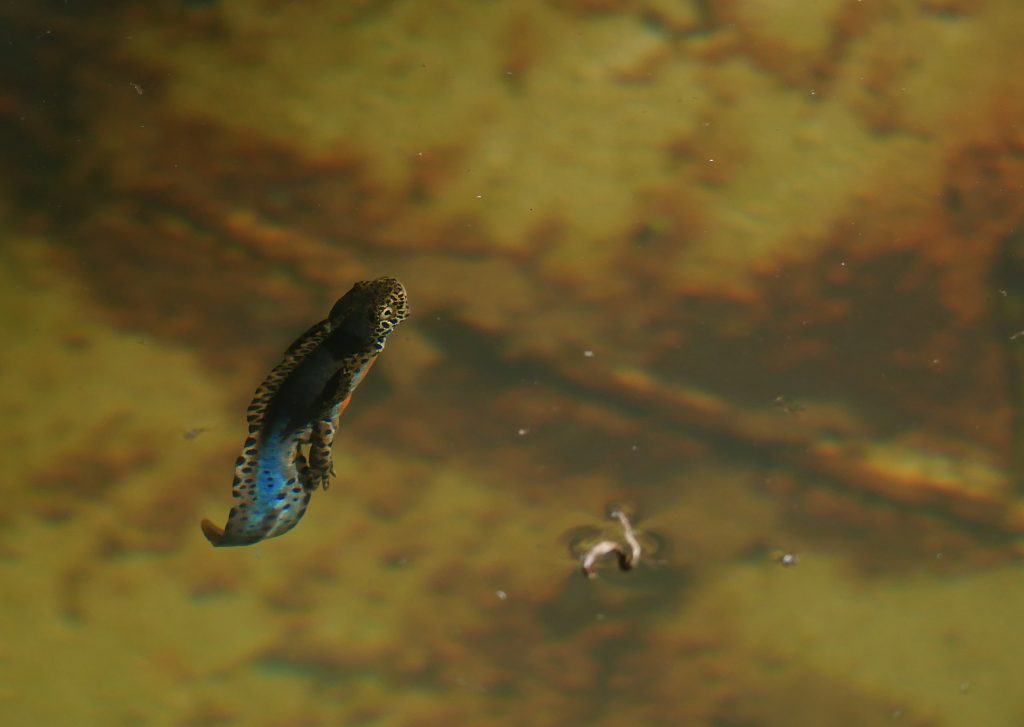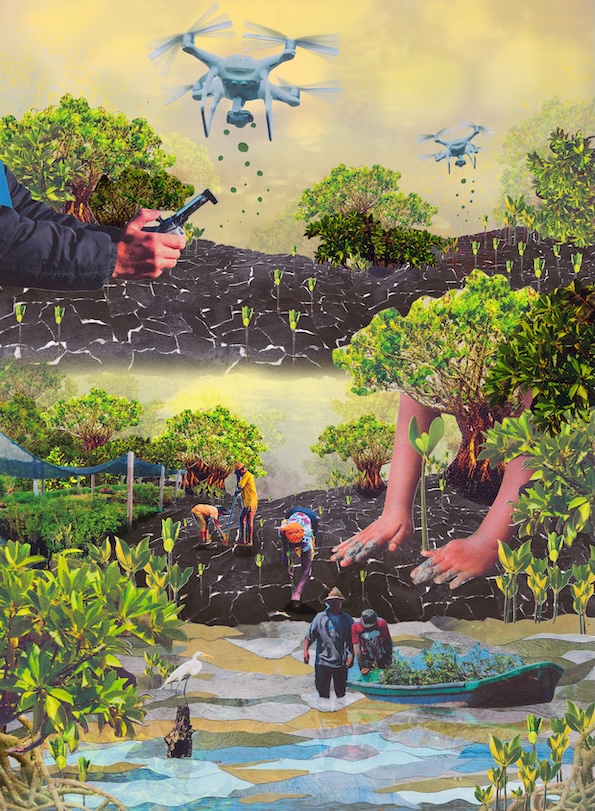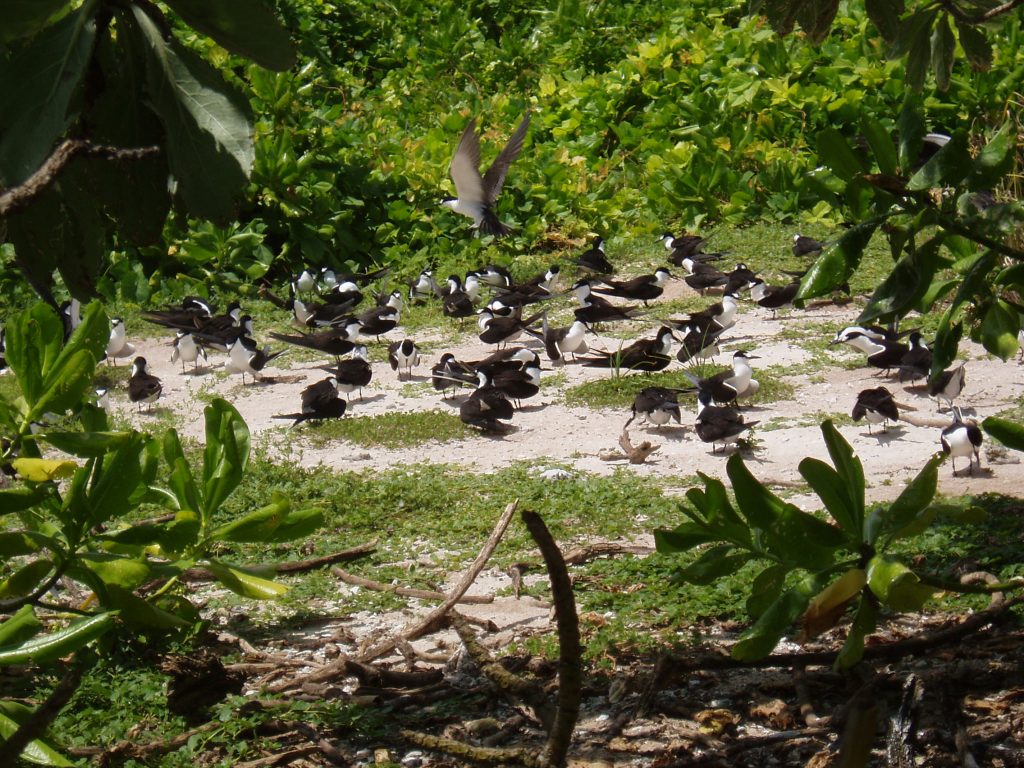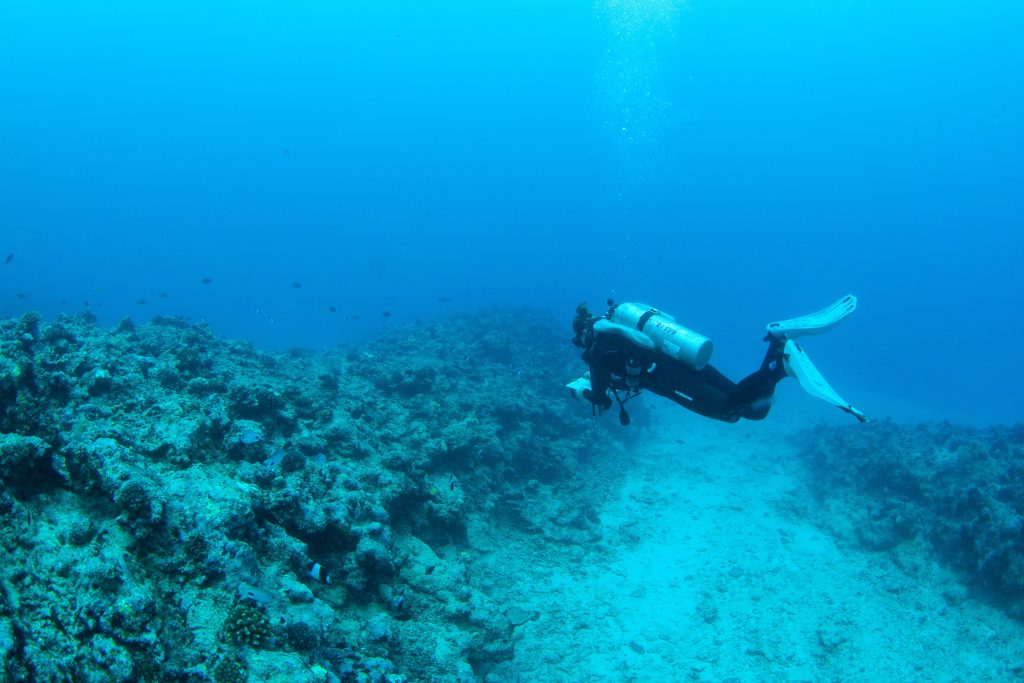The Anthropology of Madagascar’s Environmental Crisis
Can anthropology make a difference in the future of the biodiversity of Madagascar? Common sense suggests that as a holistic discipline, one that studies human diversity from multiple perspectives and methodologies, anthropology disseminates useful empirical knowledge about Madagascar’s struggle with its environmental crisis. But in practice, primatologists might lean toward the zoological side of physical anthropology, losing sight of the search for what it means to be human in the family of primates. Likewise, cultural anthropologists might slide into an extreme form of cultural relativism that diminishes Malagasy malfeasance in their environments This article asks how anthropology might develop methodologies that find a common ground that melds nature and culture.
Chipping away at the nature / culture dichotomy in the social-environmental literature on Madagascar starts by avoiding polarising of the Malagasy rural people as either extrinsic to nature or as intrinsic. Drawing on Michael Herzfeld’s (2001) collaborative work in defining the middle ground in anthropology, I argue that methodologies that include more team fieldwork leading to jointly published research articles offer new opportunities for both primatologists and cultural anthropologists. Anthropologists can have a more positive effect in Madagascar if they disseminate the synergisms between nature and culture in various Malagasy contexts.
References:
Herzfeld, M. 2001 Anthropology: Theoretical Practice in Culture and Society. Oxford: Blackwell.
Originally published as:
Kaufmann J.C. 2006. Introduction: The Sad Opaqueness of the Environmental Crisis in Madagascar. Conservation and Society 4(2): 179–193.
Jeffrey C. Kaufmann is Associate Professor of Anthropology, University of Southern Mississippi, Hattiesburg, Mississippi, USA (jeffrey.kaufmann@usm.edu).
